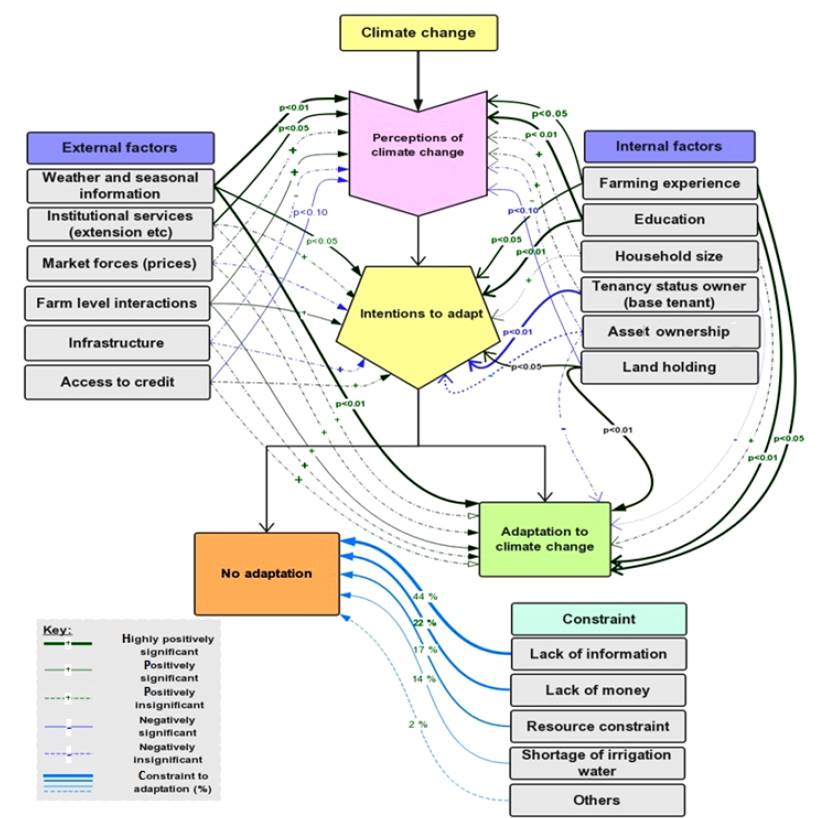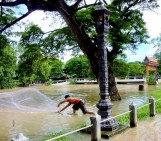Words on Wednesday aims at promoting interesting/fun/exciting publications on topics related to Energy, Resources and the Environment. If you would like to be featured on WoW, please send us a link of the paper, or your own post, at ERE.Matters@gmail.com.
***
Abid, M., Scheffran, J., Schneider, U. A., and Ashfaq, M., 2015. Farmers’ perceptions of and adaptation strategies to climate change and their determinants: the case of Punjab province, Pakistan, Earth Syst. Dynam., 6, 225-243.
Abstract:
Climate change is a global environmental threat to all economic sectors, particularly the agricultural sector. Pakistan is one of the countries negatively affected by climate change due to its high exposure to extreme events and low adaptive capacity. In Pakistan, farmers are the primary stakeholders in agriculture and are more at risk due to climate vulnerability. Based on farm household data from 450 households collected from three districts in three agroecological zones in the Punjab province of Pakistan, this study examines how farmers perceive climate change and how they adapt their farming in response to perceived changes in climate. The results demonstrate that awareness of climate change is widespread throughout the area, and farm households make adjustments to adapt their agriculture in response to climatic change. Overall 58% of the farm households adapted their farming to climate change. Changing crop varieties, changing planting dates, planting of shade trees and changing fertilizers were the main adaptation methods implemented by farm households in the study area. The results from the binary logistic model reveal that education, farm experience, household size, land area, tenancy status, ownership of a tube well, access to market information, information on weather forecasting and agricultural extension services all influence farmers’ choices of adaptation measures. The results also indicate that adaptation to climate change is constrained by several factors such as lack of information, lack of money, resource constraints and shortage of irrigation water in the study area. Findings of the study suggest the need for greater investment in farmer education and improved institutional setup for climate change adaptation to improve farmers’ wellbeing.

Schematic framework of farmers’ adaptation process in Pakistan.

